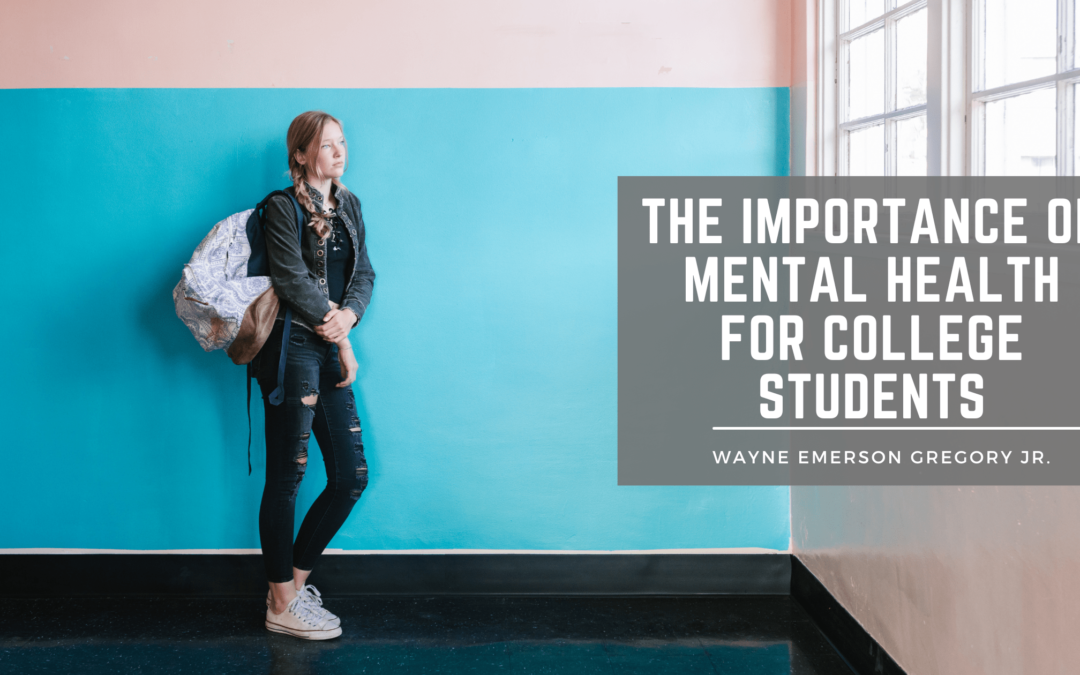According to a survey by the APA, the number of students with significant psychological problems on campus has increased significantly. The survey also revealed that over 40% of students suffer from anxiety.
Awareness of students’ various mental health issues is critical to ensure they have the necessary support. Depression and anxiety are the most common issues that university students experience.
Depression
According to the survey, over 45% of college students are affected by depression, a severe psychological issue that can affect a person’s overall well-being. It can trigger various symptoms, such as believing things are hopeless, constantly feeling depressed, and withdrawing from social circles. In addition is a lack of energy and motivation, difficulty finishing tasks, and lack of enjoyment in activities that used to be pleasurable.
It can also trigger guilt and shame as students struggle to finish their tasks and complete their assignments on time. This can lead to a spiral of depression. Various factors, such as loneliness, can trigger depression.
Anxiety
Although anxiety disorders can manifest differently in different individuals, they typically have the following symptoms: discomfort, restlessness, and tension, feeling like something is wrong with them or that they are going to get sick. In addition is experiencing a sense of doom or panic without any cause, fatigue or weakness, nausea or vomiting.
It can be very stressful for students preparing for upcoming exams. They might feel anxious due to lacking a support system or upcoming classes. Some students can reduce their anxiety by engaging in physical activity or meditation. However, some students may also be affected by more severe anxiety disorders. These include panic disorder, obsessive-compulsive disorder, generalized anxiety disorder, PTSD, and social anxiety. They may require special care from the university administration.
How to Help
Many students blame themselves for their mental health issues, leading to defensiveness and shutting down. Talking about the experiences of other young adults with anxiety and depression can help decrease the stigma surrounding these conditions.
If you are worried about your young adult’s well-being, you must ask them if they are thinking about harming themselves or taking their own lives. Mental health services are available on campus, and your child’s primary care provider can refer them to other providers.

